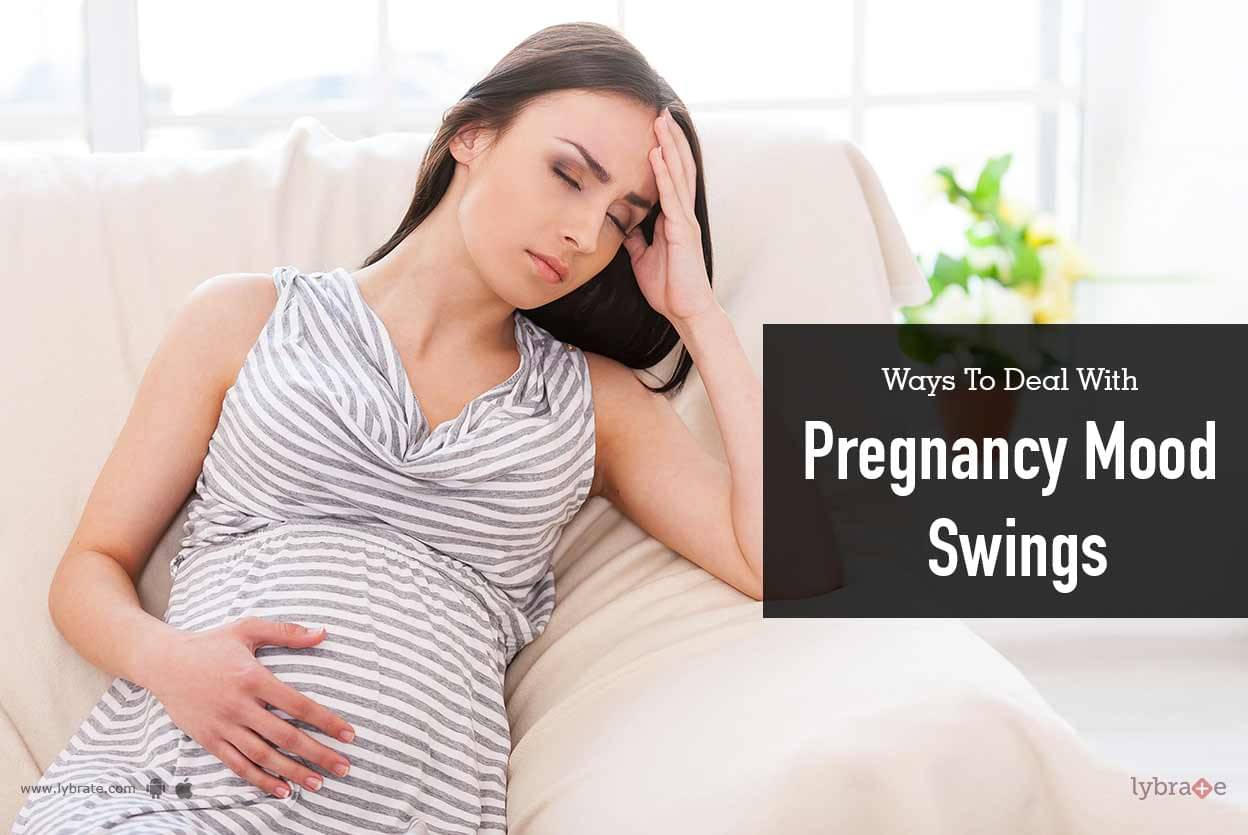
A pregnant woman is suddenly faced with plenty of physical, emotional, and life changes that can affect mood stability. While hormones are often responsible for variances in mood, the stresses and pressures that come along with pregnancy are not to be minimized. In the meantime, stress management coping skills like breathing exercises, physical activity, time management, and talking through problems can help make your pregnancy a bit lower-stress. RELATED: It's Okay Mood Swings Are Normal During Pregnancy. women with mood disorders to stop taking drugs like antidepressants during pregnancy. Make sure your partner and any other trusted members of your support team know if you are feeling down, as a little help from those who love you can help you get that consistently positive feeling back. Most pregnant women want to do everything right for their baby. Try to relax! Your hormones will calm down to their regular levels after you give birth, and many of your worries will be calmed once you deliver. First trimester fatigue or late pregnancy sleep deprivation can add fuel to the fickle. While there are certainly several factors contributing to mood swings, the biggest culprit is. Pregnancy can be an extremely stressful time for many women, so mood swings may be exacerbated by the simple strains of life. What causes pregnancy mood swings Changes in hormone levels. Hormones of course! Hormones can interfere with the brain’s normal functioning, which could cause chemical imbalances, and very intense and changing emotions as a result.

Mood swings are a very common symptom of pregnancy, as over three-quarters of pregnant women report experiencing mood swings, at equally likely probabilities for the duration of the term.


 0 kommentar(er)
0 kommentar(er)
